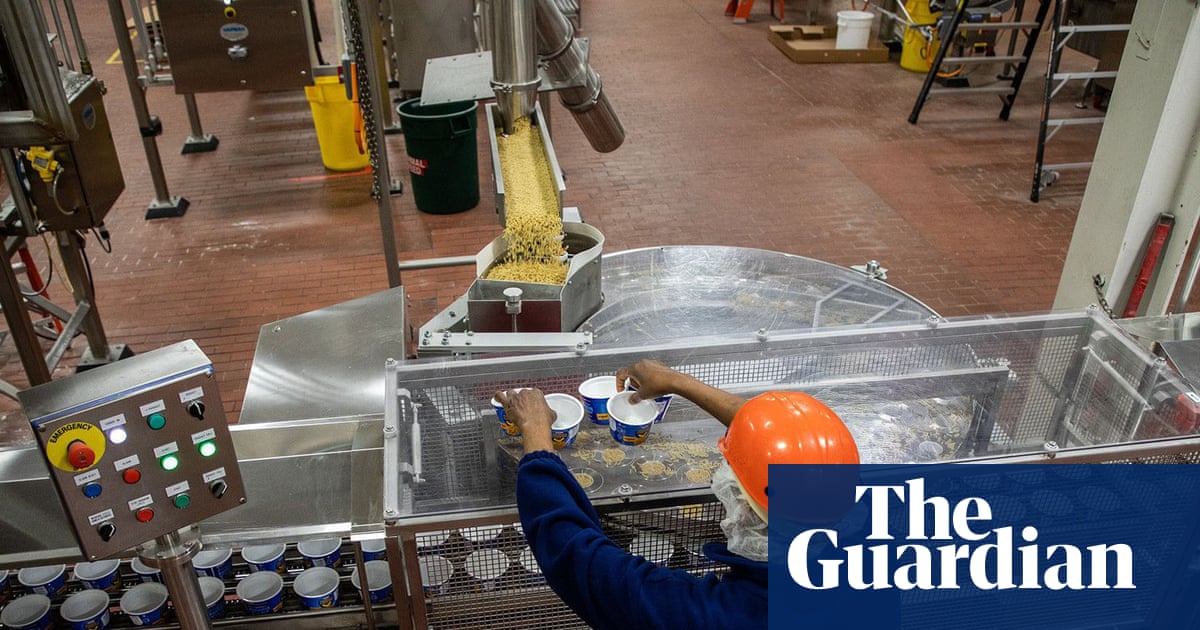The British campaign against slavery and the slave trade has long been recognised as an inspiration for later social movements. But for centuries, the brutality inflicted on the millions of African people who were bought and sold into chattel slavery in British colonies was either veiled from view or treated as a sin that was expunged when it was abolished.
New research from the University of Edinburgh, about its history of involvement in slavery and the slave trade, is part of a belated reckoning by UK institutions with this disturbing aspect of their past. Another Scottish university, Glasgow, was among the first to embark on such a process. In response to evidence about substantial gifts from plantation owners and slave traders, it partnered with the University of the West Indies on a reparative justice programme in 2019.
Edinburgh’s report highlights a minimum of £30m in funds raised, over the years, from numerous donors with links to slavery, and points to the university’s historic role as a “haven” for racist thinkers, some of them prominent advocates of the pseudoscience of phrenology. It also criticises the university for being less active in the abolitionist movement than others.
Recommendations, to which the university is weighing its response, include the establishment of a new racism and colonialism study centre, the renaming of buildings, and efforts to diversify the university’s staff and student body, with a particular focus on the low number of Black students and academics. But as well as new policies and financial decisions such as the creation of new scholarships or a summer school, the research demands a reaction beyond the institution itself.
The University of Edinburgh has a prominent role in the life of the Scottish capital, with Gordon Brown and John Swinney among its alumni. Steps to address injustices within academia, which are part of the legacy of slavery, are important. But the point of such investigations goes beyond this. As well as prompting internal changes, the report should promote stronger public understanding of the ways in which present-day unfairness is rooted in the abusive practices and ideologies of the past.
For too long, the myriad ways in which our modern world was shaped by grossly unequal colonial-era relations were glossed over as historians focused on other topics – often those which showed Britain in a favourable light. But the truth is that traces of the exploitative dynamics of previous centuries are all around us: in our global financial system; in the landscapes and built environments of former imperial powers and the countries they colonised; in museum collections; and in the histories of organisations such as the Guardian, which examined its own links to slavery in the Cotton Capital project.
Institutions with centuries of power and influence behind them, and endowments of obscure provenance, have a responsibility to be open that some have started to recognise. Universities such as Edinburgh cannot, in good conscience, continue to trade on past achievements unless they are also honest about the parts of their past that provoke anger and regret. But reflecting on historical events, while necessary, is not sufficient. As this report makes clear, the challenge for organisations that benefited directly from slavery, and colonial-era exploitation more broadly, is to ensure that their actions in the present are guided by awareness of the past.
-
Do you have an opinion on the issues raised in this article? If you would like to submit a response of up to 300 words by email to be considered for publication in our letters section, please click here.

 20 hours ago
7
20 hours ago
7

















































